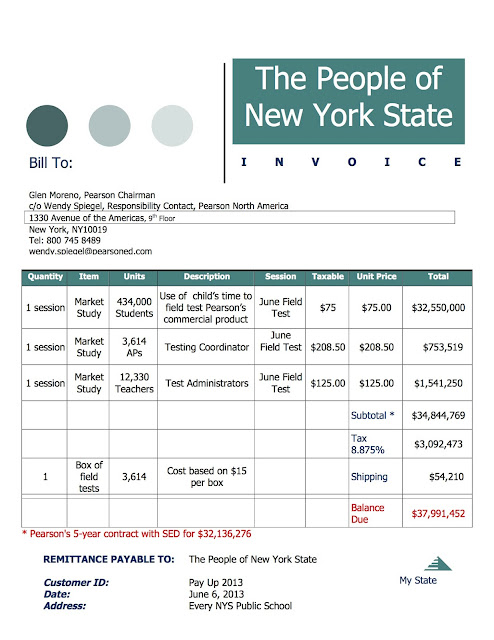Although Gmail doesn't offer traditional email aliases, you can easily use a kind of alias (alternate) email with your existing account. This is useful for sorting and directing messages.
For example, let's say I own the email serendipity@gmail.com but I want to use it with students in one of my courses. I don't want that course-related mail mixed in with the rest of the messages, so I tell students to email me at serendipity+353@gmail.com (352 being the course number, but I could have added media or any other characters). I will receive those messages sent in my regular mail and then I will set up filters in Gmail to automatically direct these messages to a folder for the course. I could also apply a label or star them, skip the inbox, or forward them to another email account or any other options offered in Gmail. It's a nice way to stay organized. For a small business, you could use aliases for different inquiries by adding +info, +estimate, +billing or any useful label to customize the message.

Back in 2007, I posted this little mention about Threadless and portrayed it as:
a kind of web 2.0 site for t-shirts. You can buy shirts (and other items) but also submit your own designs for possible use, rate those submitted, and submit photos of you in their t-shirts. They choose designs each week by customer voting and they pay for the designs they use. Sounds like a great opportunity for a new student artist to get some exposure.
Your account also allows you to blog a bit, add RSS feeds, Flickr links, your bookmarks etc., so they have turned their store into a kind of social network site. Very 2.0.
The site is still running strong and features lots of other items besides shirts - like iPhone cases - and they still have some great crowdsourced designs. Check it out at
http://www.threadless.com
Here's an unusual story concerning standardized testing. Some concerned parents in New York have drawn up a bill of about $38 million to Pearson LLC for using their children as uncompensated research subjects in field tests of their commercial product development process.
They came up with the amount by calculating the value of their children’s free labor and included the opportunity costs of lost instructional time and resources, plus the real costs to schools of administering the June tests.
The invoice was shown at a press conference on June 6. It was also noted that at they were aware of at least 37 New York City schools that had parents opt their children out of the tests and 30+ schools on Long Island saw test refusals.
more info at
http://ednotesonline.blogspot.ca/2013/06/reposted-with-invoice-parents-present.html
The
Saylor.org Summer School project allows students to potentially pick up credit through one of their
partner schools or many others that are willing to take a look at NCCRS-recommended exams. On the
Saylor blog, I saw that:
...the CUNY Baccalaureate for Unique and Interdisciplinary Studies [is] helping to spread the word and reminding folks how our summer school courses can be used as electives or to fulfill certain core requirements. How can this news help you? We know you probably don’t attend CUNY. So how does this apply to you? Well, maybe as a source of motivation: why not take one of our courses and see what your Registrar’s Office is willing to do for you in terms of credit? Ask some questions, pitch the idea, give it a whirl! If you or your school has questions, we at the Saylor Foundation are just a phone call or email away.


